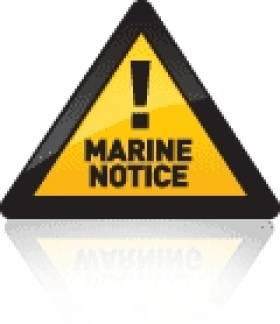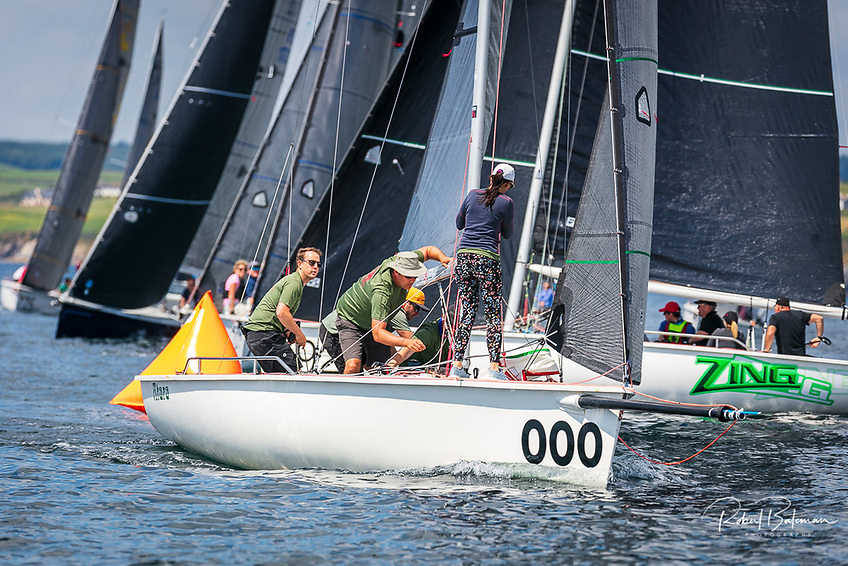Displaying items by tag: manila
STCW Convention & Code "The Manila Amendments" - Security Training
Further to Marine Notice No 42 of 2011 this Marine Notice provides specific information on the implementation of the 2010 Manila Amendments to the International Convention on Standards of Training, Certification and Watchkeeping for Seafarers 1978 , (STCW), as amended, in relation to security training.
The requirements for security training came into force on the 1 st January 2012, and transitional provisions are in place until 1 st January 2014. From 1 st January 2014, all seafarers will require documentary evidence to confirm that they have been trained and certified in security matters in accordance with the new 2010 provisions, which include new anti-piracy elements on board ships to which the ISPS Code applies.
The existing Ship Security Officer (SSO) Regulation VI/5 training remains unchanged.
A. TRAINING REQUIREMENTS
The Manila amendments bring in three new levels of minimum requirements for Security Training under STCW Regulation VI/6 which refers to the requirements of the STCW Code:-
STCW Code Section A-VI/6.
Mandatory minimum requirements for security related training and instruction for all seafarers.
1. Security related familiarisation.
Before being assigned to shipboard duties, all persons employed or engaged on a seagoing
ship which is required to comply with the provisions of the ISPS Code, other than passengers, shall receive approved security-related familiarization training.
The security-related familiarization shall be conducted by the ship security officer or an equally qualified person.
Documentary evidence must be retained by the ship to show that this familiarization has been carried out.
2. Proficiency in security awareness.
Seafarers employed or engaged in any capacity on board a ship which is required to comply with the provisions of the ISPS Code on the business of that ship as part of the ship's complement without security duties shall, before being assigned to any shipboard duties, receive appropriate approved training or instruction in security awareness as set out in table A-VI/6-1.
An STCW Certificate of Proficiency in security awareness must be issued to the seafarer to show that this training has been carried out.
Transitional provisions
Until 1 st January 2014, seafarers who commenced an approved seagoing service prior to the date of entry into force of this section shall be able to establish that they meet the above requirements by previous equivalent training and/or relevant sea service, and can be issued with an STCW Certificate of Proficiency without further training.
3. Proficiency in designated security duties.
Every seafarer who is designated to perform security duties, including anti-piracy and anti-armed-robbery-related activities, shall be required to demonstrate competence to undertake the duties and responsibilities listed in column 1 of Table A-VI-6-2.
An STCW Certificate of Proficiency in designated security duties must be issued to the seafarer to show that this training has been carried out.
Transitional provisions
Until 1 st January 2014, seafarers who commenced an approved seagoing service prior to the date of entry into force of this section shall be able to establish that they meet the above requirements by previous equivalent training and/or relevant sea service, and can be issued with an STCW Certificate of Proficiency without further training.
B. PROVISION OF TRAINING
Approved training providers.
Marine Notice No 33 of 2013 will be updated shortly and will provide details of approved training providers for courses in:
Certificate of Proficiency in Security awareness STCW Regulation VI/6.Section A-VI/6
Certificate of Proficiency in Designated Security Duties STCW Regulation VI/6.Section A-VI/6
In the interim period, candidates for training should contact [email protected] to receive a list of course providers. This training is not subject to revalidation .
C. ISSUE OF STCW CERTIFICATES OF PROFICIENCY
These are issued by the approved training providers or, in the case of the transitional provisions, by the Marine Survey Office, to:
- Holders of Irish Certificates of Competency;
- Holders of Irish Watch Rating Certificates;
- Holders of Irish Discharge Books.
Additionally an ISM operating company may apply to the Marine Survey Office for approval to issue Certificates of Proficiency on its behalf in an approved format to seafarers serving onboard an Irish ship under their management.
Certificates of Proficiency under the transitional provisions will be issued as follows:
Proficiency in Security awareness to seafarers as per Section A-VI/6 part 5.1, who have approved seagoing service as shipboard personnel for a period of at least six months in total during the preceding three years.
Proficiency in Designated Security Duties to seafarers as per Section A-VI/6 part 9.1, who have approved seagoing service as shipboard personnel with designated security duties for a period of at least six months in total during the preceding three years.
Approved sea service is in the period of three years prior to 1 st January 2012.
Evidence of sea service must be submitted in the form of Discharge book, Watchkeeping Certificates or Sea Service Testimonials.
Proof of designated security duties must also be Provided by the Company or Master of a vessel, where applicable.
Seafarers wishing to avail of the transitional provisions through the Marine Survey Office, should submit applications to the STCW Section, Marine Survey Office, Leeson Lane, Dublin 2 as soon as possible.
Approved format of Certificate of proficiency is attached in Annex II.
Annex I contains a diagram showing an outline of the implementation dates of the 2010 Manila Amendments.
Irish Maritime Administration,
Department of Transport, Tourism and Sport,
Leeson Lane, Dublin 2, Ireland.
01/11/2013
Encl. : Annex I, Annex II





























































